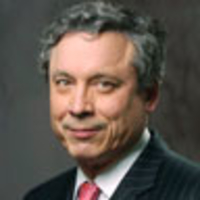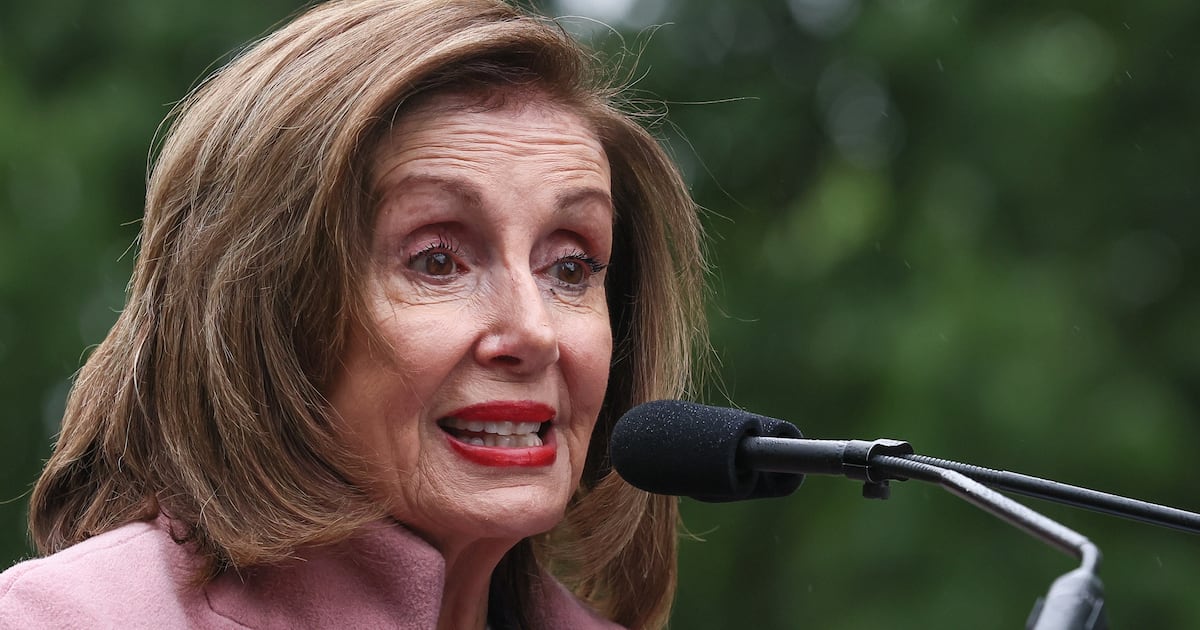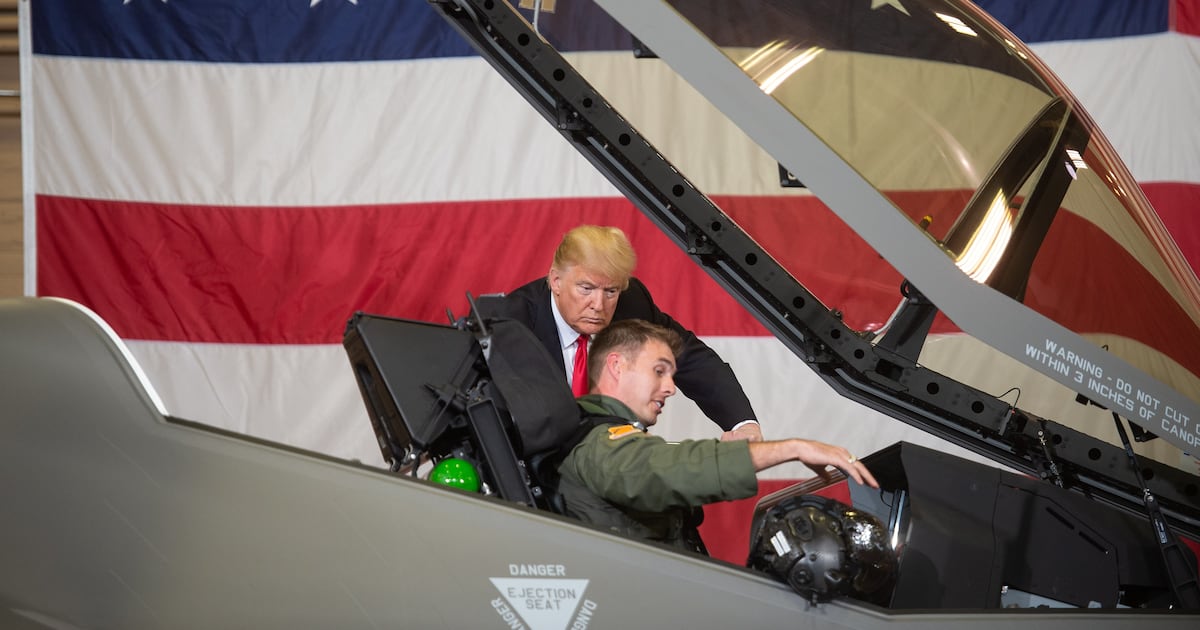
With the first 600,000 doses of swine flu vaccine scheduled to be released today and the media already swirling about how difficult it will be to get a dose, scam artists from Internet “pharmacies” are lining up to bridge the gap.
Specifically, the U.S. Food & Drug Administration, the World Health Organization and the pharmaceutical industry are bracing for an onslaught of fake and substandard drugs, with a special eye out for unauthorized versions of Tamiflu, the patented Roche vaccine that is the cornerstone of the public health-effort. “We don’t know what we could be seeing in the next few weeks,” says Gary Coody, who coordinates health-care enforcement for the FDA. “They (Internet drug operators) don’t necessarily have any regard for public-health safeguards.”
"Internet drug operators don’t necessarily have any regard for public-health safeguards."
The Internet has emerged as a pharmaceutical free-for-all in recent years. MarkMonitor estimates that some 3,000 online pharmacies did $11 billion in sales last year. LegitScript.com, an Alexandria, Virginia, based site that verifies online pharmacies and their Internet advertising, estimates that more than 46,000 sites sell drugs, but has only judged 279 as “acceptable,” with another 779 up for approval.
Still, three-quarters of sales, according to MarkMonitor, are for “lifestyle” drugs—namely knockoff versions of Viagra, Cialis and Levitra. With flu emerging as a hot area—four percent of the online drug sales now appear to be for “anti-flu” products, MarkMonitor found—the stakes are much higher.
At The Daily Beast’s request, MarkMonitor also surveyed the web to discover that more than 400 “pharmacies” are advertising on line as sellers of what they call Tamiflu.
Of those 400, just 10 were actually certified by the Canadian industry authority, which vouches for quality. Not one was approved in the United States, based on standards put out by the National Association of Boards of Pharmacies (NABP).
At best, says Fred Felman of Mark Monitor, the unapproved online pharmacies may be selling “generic” versions of Tamiflu—that is some sort of pill containing Oseltamivir Phosphate, its active ingredient. Notes Alyson Saben, the FDA’s deputy director for regulatory enforcement: “There are no approved generic versions of Tamiflu in the United States. “
The FDA is much more hard-pressed to stop the more serious threat from fake or substandard drugs manufactured in China, India and elsewhere. Often they are marketed as so-called generic versions of Tamiflu. The Roche website advises: “Be wary of very low or very high prices—the average cost of Tamiflu is $80 to $90 for a course of treatment. Anything below or above that amount should be a red flag.”
Just last week, the FDA put out a warning about 136 alleged flu remedy products being peddled online, which range from inhalers and sprays to masks, shampoos and vitamin supplements.
No one has prosecuted for selling fake flu drugs since the World Health Organization pronounced the pandemic on June 11, but Coody says that the FDA has made requests for criminal investigations. As flu season approaches, those requests are expected to get more frequent—and more urgent.
Allan Dodds Frank is a business investigative correspondent who specializes in white collar crime. He also is President of the Overseas Press Club of America, one of the many journalism organizations that protests the arrests of journalists abroad and repression of freedom of speech.






